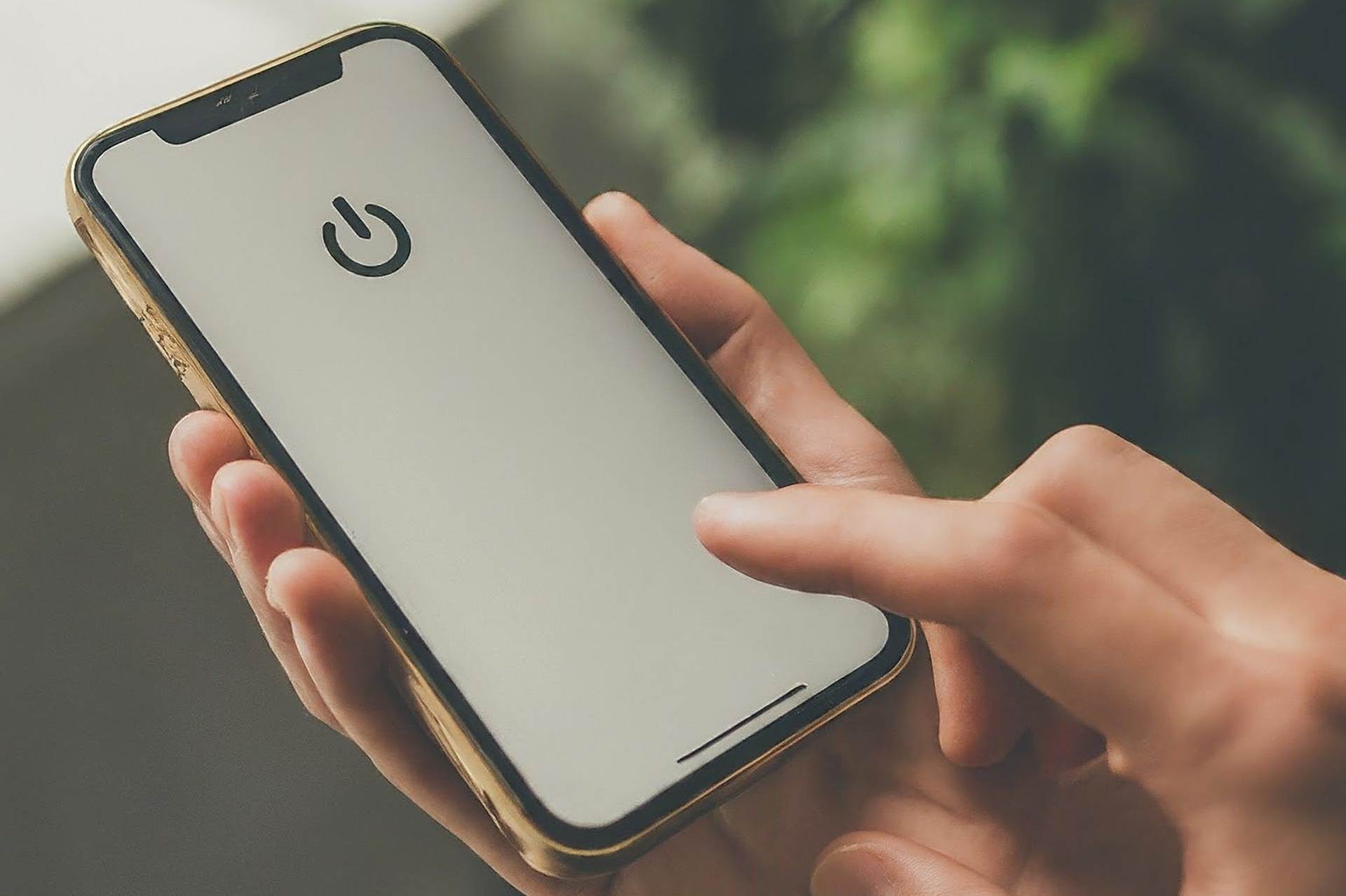The National Security Agency (NSA) is advising you to restart your phone once a week. This might seem like an odd request, especially when most people only think to reboot their phones when a software update is needed or the battery dies. However, the NSA’s recommendation is rooted in solid cybersecurity principles. Rebooting your phone regularly helps to remove potential malicious code and clears temporary files, both of which are critical to maintaining the security and functionality of your device.
What did the NSA say, and should you be worried?
In short, the NSA is urging everyone to reboot their mobile devices weekly. This includes iPhones, Android phones, and tablets. The purpose of this advice is to wipe away any malicious code that might have infiltrated your device. Despite this precaution, there is no immediate, specific threat that has prompted this guidance. Instead, it is part of a broader set of mobile security best practices aimed at protecting users from various cyber threats such as phishing and malicious apps.

The NSA’s advice is not meant to alarm but to encourage good digital hygiene, but it comes at a time when Apple mercenary spyware attack notifications were sent to millions. Rebooting your devices is a simple and effective way to disrupt potential malware operations. Alongside this practice, the NSA has outlined other important mobile security measures, such as keeping apps and software updated, only installing apps from official stores, avoiding public Wi-Fi networks, and being cautious with email links and attachments. These measures collectively help to safeguard your device and personal information.
The importance of regular device reboots
Modern mobile operating systems have built-in security features designed to protect against unauthorized modifications. However, these measures do not completely prevent malicious code from executing. Malicious software can be introduced through user actions, like opening a compromised email attachment, or through more covert methods, such as zero-click attacks. Regularly rebooting your device can stop this malicious code from running, as it usually cannot survive a full system restart.
Moreover, malware can often reside in temporary files that are cleared during a reboot. This cleaning process not only enhances security but can also improve device performance. Over time, buggy applications may consume increasing amounts of memory, causing your device to slow down. A reboot forces these applications to release their resources, which can help your phone run more smoothly.

Our mobile devices have become increasingly threatening
Our reliance on mobile devices is undeniable, and giving them up is not a feasible option for most people. Therefore, adopting best practices for mobile security is crucial. These practices, including regular device reboots, help to mitigate the risks associated with using mobile technology in today’s connected world.
Most cybersecurity incidents occur due to user negligence rather than sophisticated technical attacks. This highlights the importance of user awareness and adherence to recommended security measures. By following the NSA’s advice and staying vigilant, you can significantly reduce the likelihood of falling victim to cyberattacks.
If you do experience a cybersecurity breach, it’s important to remember that taking these proactive steps can help minimize the damage. Regularly rebooting your device, along with other security practices, creates multiple layers of defense, making it more difficult for malicious actors to compromise your device.
The NSA’s recommendation to reboot your phone weekly might seem minor, but it plays a vital role in maintaining mobile security. This simple action, combined with other best practices, helps protect your device from a range of cyber threats. By understanding and implementing these measures, you can safeguard your personal information and ensure that your device remains secure in an increasingly digital world. Regular reboots, software updates, cautious app installations, and prudent internet use are all part of a comprehensive approach to mobile security.
Featured image credit: Andrew Guan/Unsplash





